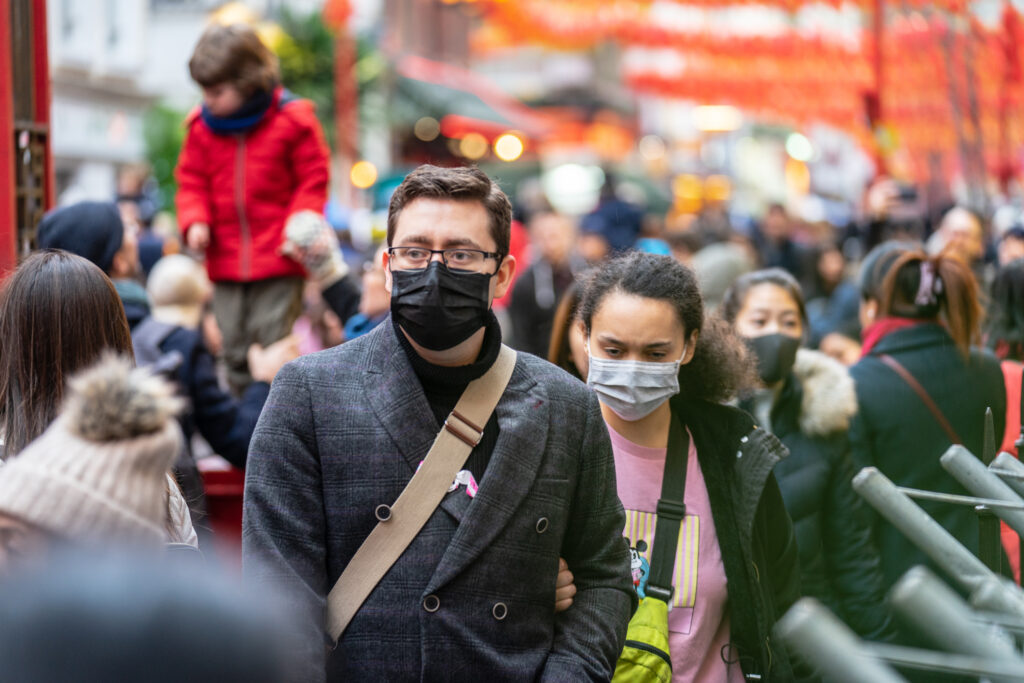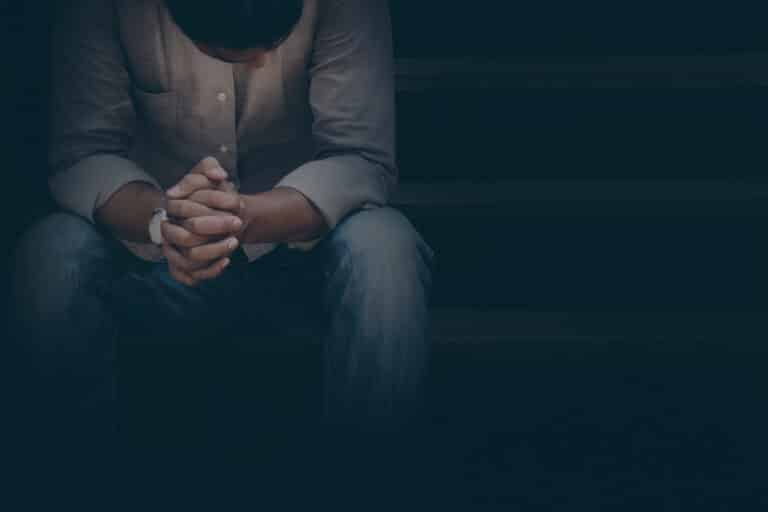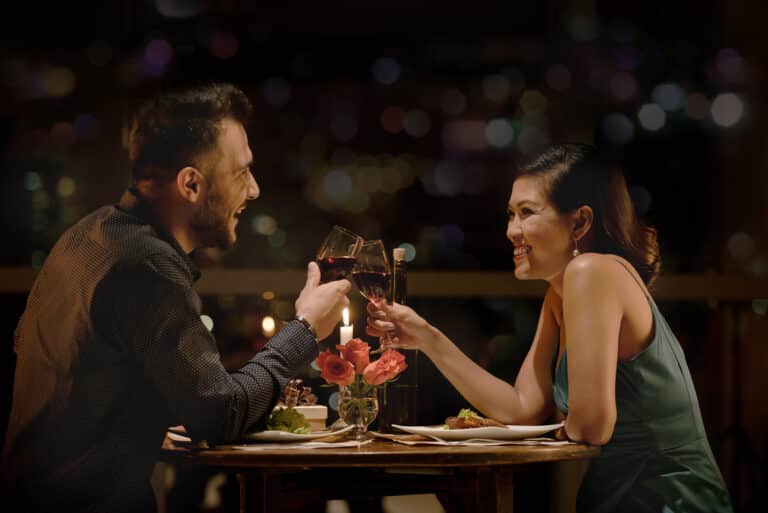Airlines are obsessed with passenger safety, constantly inspecting aircraft for signs of corrosion and fatigue in the metal components. Microscopic cracks called stress fractures develop over repeated flights, indicating underlying damage that—if ignored—would become catastrophic. But the cracks aren’t the problem; they’re actually a gift of sorts. They show the mechanics exactly where maintenance is needed most to keep everyone safe.
Similarly, times of crisis don’t always cause problems. These hardships often reveal the real underlying weaknesses in our lives, marriages, and families. I’ve been reflecting on that a lot lately during this pandemic, examining how I’ve reacted to my wife, family, and friends. It’s not all been pretty. Here’s what I learned about myself in this COVID-19 global crisis—and what it’s revealing in me.
I need to put relationships ahead of rules.
What are the rules of life now? Masks? No masks? Haircuts are essential but church services aren’t? Who decides? Did they have the right authority? Are they weighing the right risks and the needs of all people? I can get so wrapped up in what everyone is supposed to be doing to get through this pandemic that I overlook people’s feelings. I have to choose to value the needs and feelings of others more than to fixate on who declares and follows what rules.
I need to be flexible to adapt to what others need, not just what I want.
Sometimes, I am just too rigid. What’s right is right, isn’t it? That rigidity works against being adaptable and helping others adapt, too. Being flexible is also about managing my own expectations. If I can accept things not going the way I expect they should, I also tend to find more peace overall.
I need to have grace for others who see things differently.
What I learned about myself is that there are people of sound mind and goodwill who view these troubling times, and the steps to get through them, with a lot of passionate ideas that differ from mine. My impulse might be to belittle them personally more than to deal with their ideas rationally. Kindness and respect for the dignity of others go a long way.
I need to avoid assigning motives and making assumptions.
Sometimes, the urge to fight the battle of ideas makes enemies appear where they don’t really exist. If I can start by assuming the best, not the worst, in those who see things differently, I do better at being open to their thinking— and maybe at opening them to mine.
I need to decide daily what and who I will trust.
These days, it is hard to know who or what to believe. Which doctor, or politician, or conspiracy theorist, or celebrity has the right answers? I’m appreciating anew how important it is to think critically, every day, about what I hear and read and say. Others may trust me, so I better be confident that my facts and opinions are well-grounded. I always encourage people who want my advice to look at it through the lens of the Bible to ensure that what I am saying is grounded in truth.
Perhaps you’ve seen yourself in some of my struggles. I hope you and I can find ways to stop blaming this unexpected crisis for the underlying weaknesses we see in ourselves and our relationships. It’s never too late to learn and to grow. It’s never too late to improve our strengths and our relationships.
Which of these needs are you working to improve lately? Share in the comments below.



